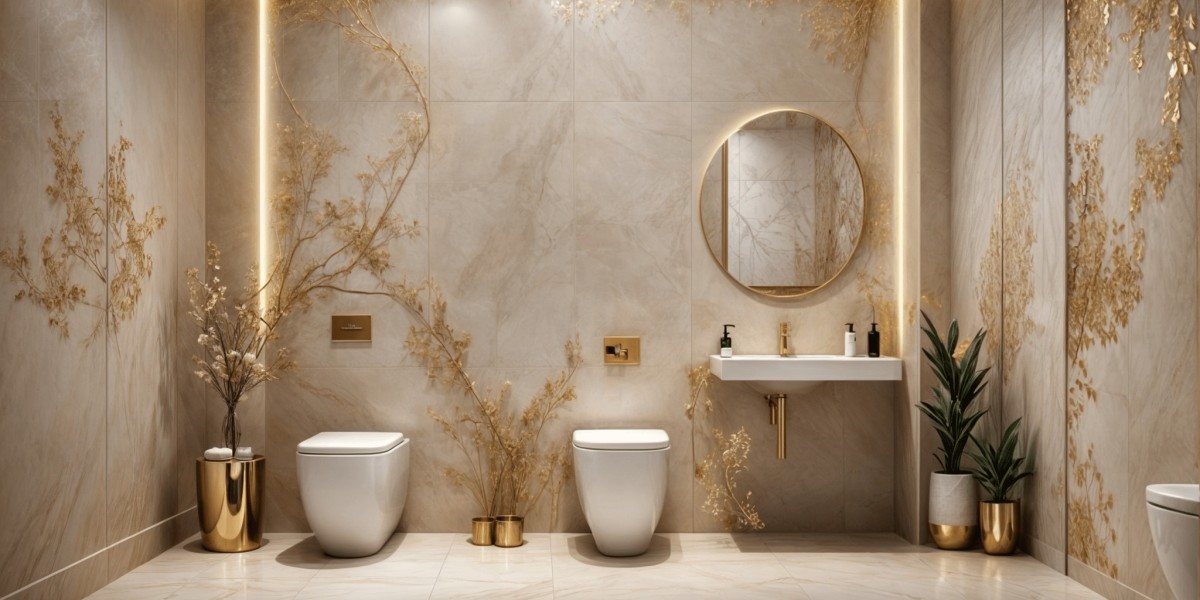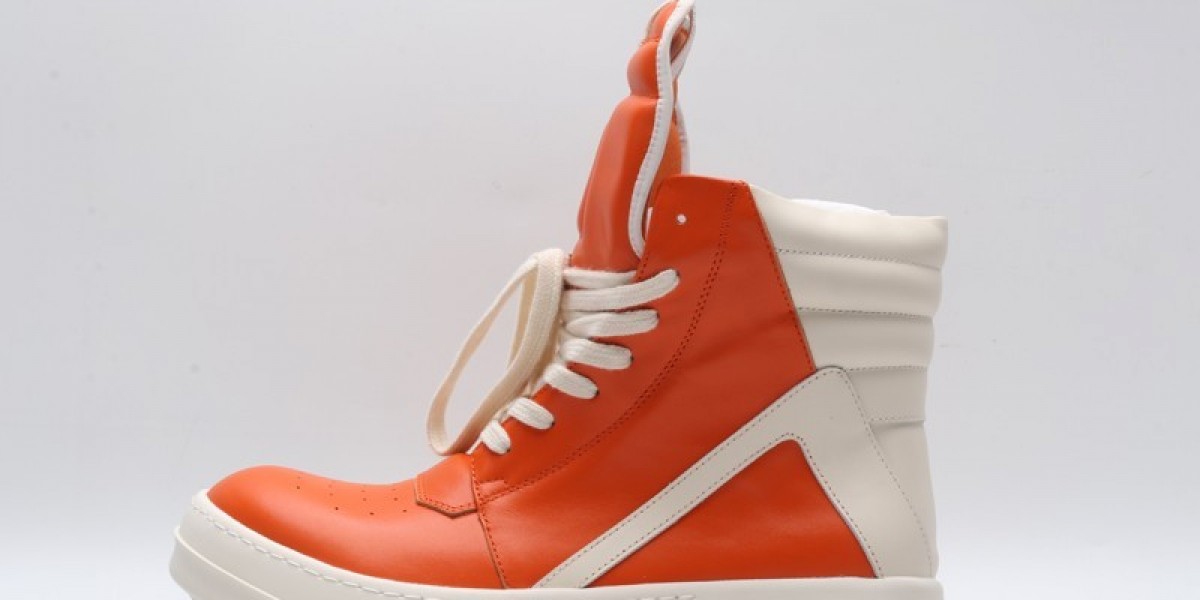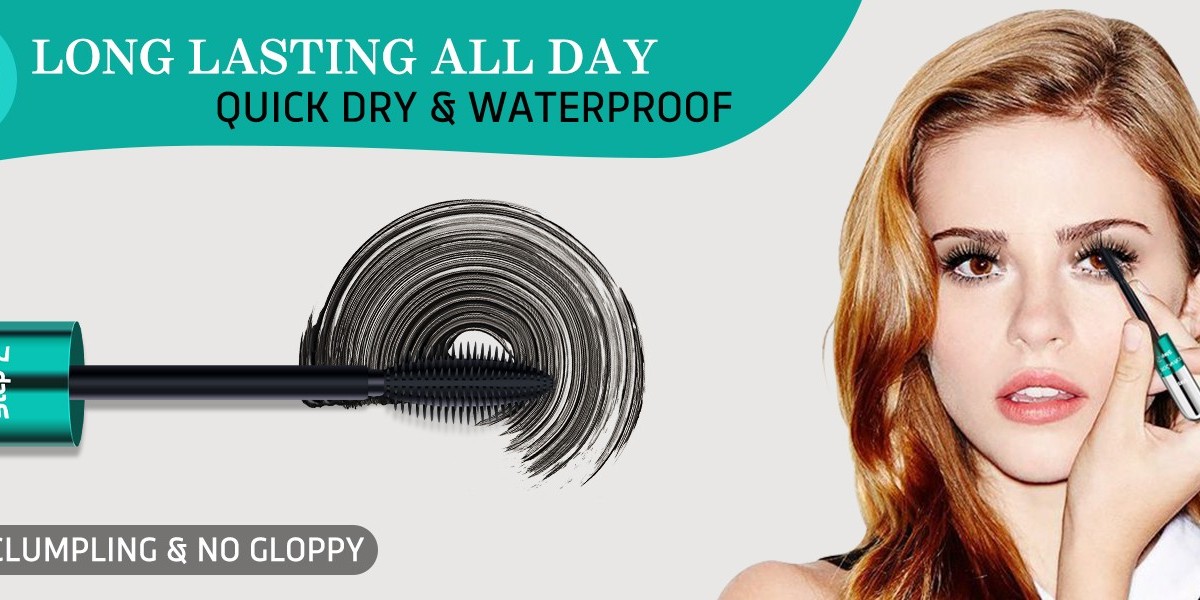When choosing a shower cabin for your bathroom , you should pay attention to the following questions: what type of cabin is best to choose, what main elements in its design should you pay special attention to, how to decide on the shape, size and manufacturer. Let's consider one of the most important questions: how to choose the type of shower cabin.
According to their design, shower cabins are divided into three types:
combined.
Open shower cabins can be integrated into the bathroom layout. Such models are prefabricated - a shower tray is attached to one of the walls or in the corner area, and it is connected to the sewer riser. The walls of the cabin are installed along the perimeter of the tray. The remaining one or two walls in the cabin design are lined with ceramic tiles. Another feature of open shower cabins is the absence of a roof, which makes it possible to use only a shower head connected to the mixer with a flexible hose in a metal braid.
When installing open shower cabins, the bottom tray is often abandoned. Instead of a purchased tray, the bottom base of the shower cabin can be monolithic, poured from high-quality concrete and lined with ceramic tiles with a non-slip surface. The walls themselves made of glass or plexiglass are mounted on metal profiles made of aluminum, brass or steel with an anti-corrosion coating.
+ ADVANTAGES OF OPEN CABINS:
the lowest cost among all shower cabins,
the ability to manufacture a custom shower cabin of any size,
simple overall design.
DISADVANTAGES OF OPEN CABINS:
major installation of each of the structural elements, complexity of assembly,
difficult repair of water supply and sewerage systems,
lack of overhead shower: cascade or tropical,
lack of possibility to integrate ozonation or steam generator,
increasing the overall humidity in the room when used.
Closed shower cabins have a completely autonomous design consisting of a tray, walls and a ceiling base of the cabin - that is, it is a portable box with built-in functions, which, if necessary, can be easily dismantled in the event of a move or repair. Most often, closed models of cabins use trays made of acrylic or steel, less often - trays made of cast iron and sanitary faience. The supporting elements of the structure and the ceiling of the cabin are made of metal with an anti-corrosion coating or durable polymer compounds, and the side walls of closed models, as well as in open models, are made of transparent or translucent glass, or plexiglass.
+ ADVANTAGES OF CLOSED TYPE CABINS:
quick installation and connection of necessary communications,
variety of additional functions,
a wide range of different models,
high-quality sound insulation;
isolation from the general microclimate in the room.
DISADVANTAGES OF CLOSED TYPE CABINS:
higher cost compared to open type cabins.
Combined shower cabins are a box with a very deep tray or with a built-in bathtub made of acrylic, cast iron or steel. Shower walls are located along the perimeter of the bathtub, and the upper part can be open or closed, depending on the model.
This combined design allows you to combine all the advantages of modern baths, such as a jacuzzi or hydromassage, and all the advantages of shower cabins such as a Charcot shower, cascade or tropical shower.
It is worth considering that combined shower cabins are large in size and can only be installed in bathrooms with an area of at least 7 .
Plumbing work in the bathroom
Bathroom renovation is considered one of the most difficult. This is due to plumbing work, which requires certain skills and great responsibility. Mistakes made can flood your neighbors and cause great damage.
Design
It is necessary to draw up a detailed diagram of the location of pipelines and plumbing fixtures. Based on this, it will be clear to you what kind of drain fittings you will need and how many pipes you need to buy.
Method of pipe installation
The easiest way to lay pipes is in an open way. However, this option is not suitable if you have serious requirements for the interior design. To lay pipes in a closed way, grooves are made.
Dismantling old pipes
To remove old pipes, you may need a hammer drill and a grinder. During this work, be sure to use a dust respirator and glasses. Before starting dismantling, turn off the water. Once the pipes are cut, install new taps on the riser branches.
Types of pipes
It is important to choose the right material. Pipes are:
metal;
polypropylene;
metal-plastic.
Metal pipes are rarely used these days, as they have many disadvantages:
complex installation;
need for welding work;
corrosion;
clogging due to salt deposits on the inner surface of the walls.
It is best to use plastic pipes for bathroom plumbing. They are lightweight and easy to install. Connecting fittings for them are inexpensive.
Installation of plumbing fixtures
After the pipes are installed, it is necessary to install:
bath or shower;
toilet;
be;
sink;
heated towel rail.
Floor-standing toilets are most often installed . For hygiene purposes, it is recommended to install a suspended toilet . It makes it easier to keep the floor clean. Acrylic bathtubs are considered to be among the best. They are installed on a special frame. They have a long service life and look beautiful.
We recommend not to save on plumbing fixtures, as your comfort depends on them. In addition, by installing plumbing fixtures of dubious quality, you risk flooding your apartment and ruining the renovation.








